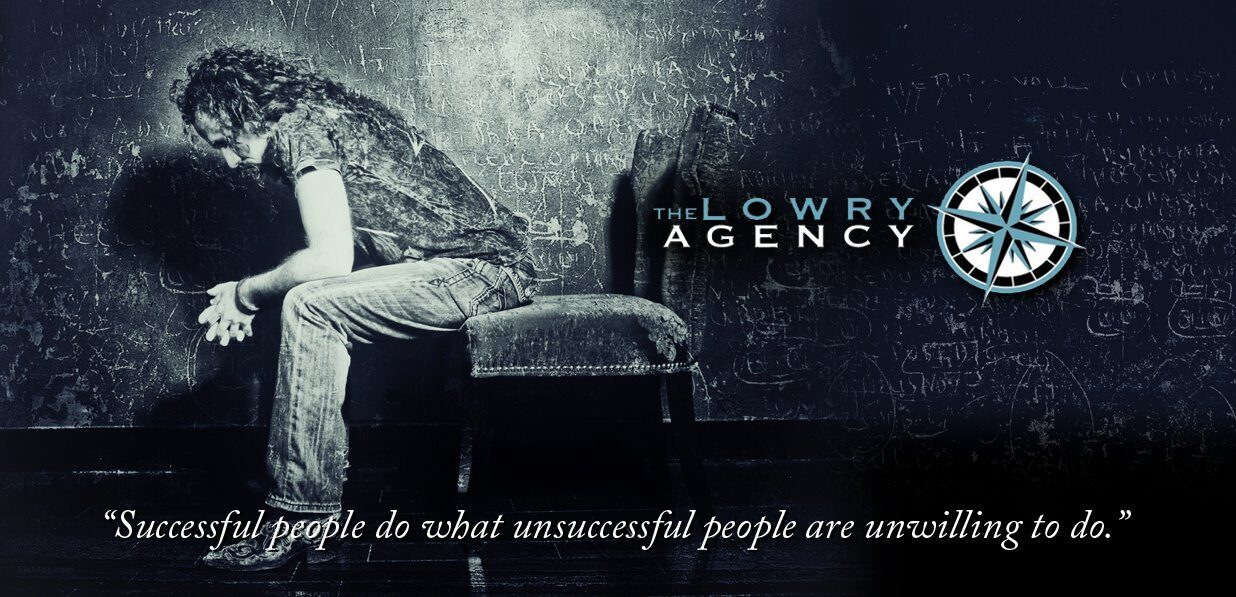Let’s break it down a little bit so that maybe I can shed some light on what promoters are looking for in booking an opening act. First and foremost, this is definitely a “who do you know?” business. If you have the right connections or relationships, this will certainly be a lot easier for you. Some times it seems unfair but people will use people they like and trust before people they don’t. It’s your job to development this relationship and get your foot in the door.
Unfortunately most bands and artist just send an email and wait for a response and leave it at that. This shows no “real” interest in developing a relationship with a promoter or talent buyer and is pretty rote at this point in the game. Business people are looking for persistence, reliability, creativity and hard work. This is a very speculative business and so promoters are looking for artists that will make sure they deliver and help make sure the show doesn’t operate at a loss.
To get in good with a promoter, you need to try some creative ways to get noticed and get the gigs. They need to feel a sense of trust with you. Try setting up some social media campaigns early that get your fan base used to interacting with you in different types of promotional contests (These are things the promoters will see when checking you out). Then apply that to getting opening gigs. Especially when you have a opening spot already in line. Make sure you explain to your participants the seriousness of what you are asking them to do.
Let’s say you are opening for a band in your hometown. Supply the box office with a sheet of paper (with your band name on it and numbered already) and get all your fans to make sure they report to the box office they are there to see you and wouldn’t have bought tickets if you weren’t on the bill. After the show, get that paper and show it to the promoter, talent buyer or in house manager (take a pic first in case they keep it). It is essential you start building up your rep for hard work and bringing people out.
Another idea is prep your fans before the show by saying after you perform, you will be at your merch booth and want all your fans to come and bring their tickets stubs. Have them initial the front of them and take a pic of all them together. Obviously these are things you can email to promoters, put on social media (be prepared for every other band to copy you) and start building your street cred as the band to hire for the gig. This is also a great way for your fans to participate in your success and make sure they know that appreciate their help and support. You can’t do this with out them. This also helps people decide which show they want to spend their money on. One with a serious band they like where they can help or just another show where the band will show up, play, and act like they are the stars and probably bail before the concert is over.
This will also help people at the show who were on the fence about you or are maybe just showing up decide to check out your booth. Having all the people around you and the excitement they see going on while you are gathering ticket stubs will help you to get these “undecided’s” to the booth and hopefully by your CD or spend time talking to you. You are now developing new fans. You see, your time on stage isn’t the only time you are developing new fans. You job the whole time you are there is to development new fans and maximize every opportunity in front of you to do so.
As you can see, none of this is hard. It may be a bit time consuming having to interact on social media but you are supposed to be having original content to post anyway and this helps fill that hole. The idea is to be creative and PROVE you are the band to bring on board. This may take prep work as described above but this is business. You are a business. You need to start acting like one.
Good Luck!
You can also read this and some of my other articles at www.metalholic.com.
David Lowry is the President of The Lowry Agency, a full service artist management agency that works with musicians, speakers, entertainers, actors and models based in Nashville, TN. The Lowry Agency’s roster includes Mike Martin, Rob Balducci, Neil Zaza and Jon Finn. For more information please contact The Lowry Agency at http://www.thelowryagency.com.
